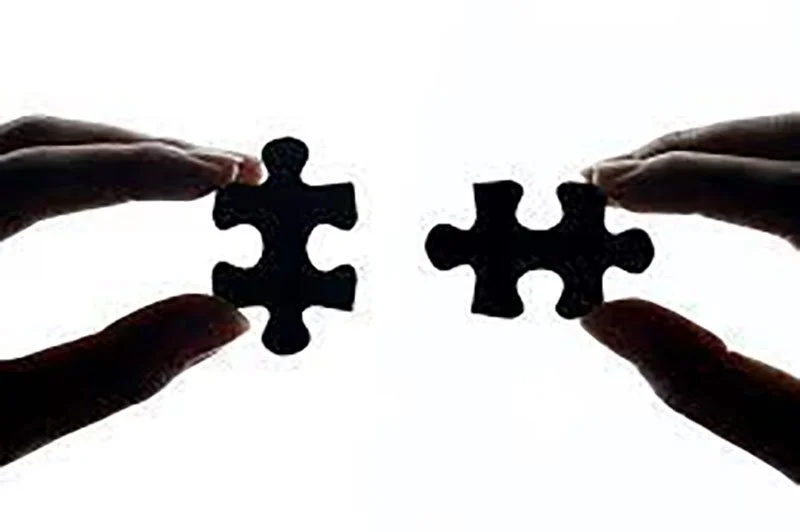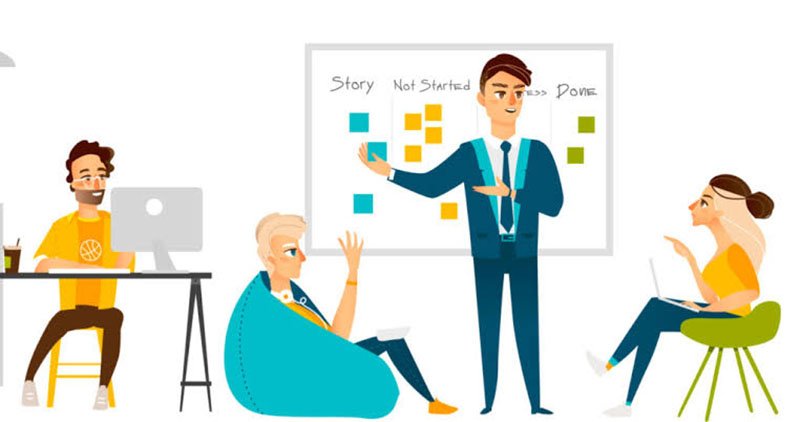There will always be things that you wish you could tell your younger self. It’s important to note that you don’t have to learn all of the lessons on your own. Don’t be a student of the school of hard knocks, ask for help and seek experienced insights early and often. Here are some bits of advice to my younger self.
Don't be impressed by:
1. Money
2. Job titles
3. Affiliations or network size
4. Years of experience
5. Appearances
6. Imitators
7. Big words
Be impressed by:
1. Kindness
2. Trustworthiness
3. Genuine generosity
4. Humility
5. Integrity
6. Tireless educators
7. Shared optimism





















